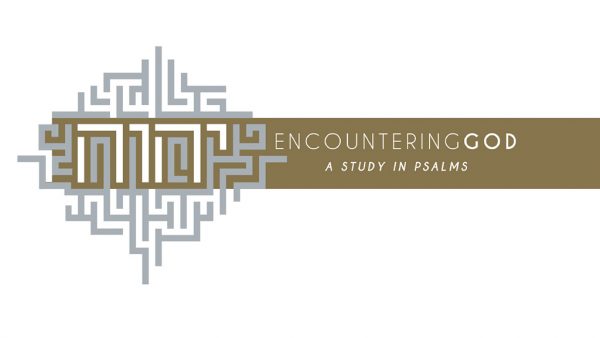Psalm 8 begins and ends in high praise. Its tone throughout is wonder. But it has its surprises. The mighty God uses small human means to stop the mouths and foil the plans of His proud enemies. The psalmist sees his present poem as a work of a small creature—a babe and suckling as it were—that will strengthen God’s people and challenge their enemies.
And so for nearing 3000 years, it has. God’s Word remains capable to “still the enemy and the avenger.” Paul may have had this psalm in mind in 1 Corinthians 1 where he writes of God’s choosing the foolish of this world to confound the mighty.
The psalmist raises a question and answers it. The question has been anticipated in verse 2, which marvels at God’s use of small things to bring down the great. Smallness as largeness is the theme and thrust of the poem. The psalmist questions how so great a God could not only notice but also be interested in and even personally engage with a creature so small as man.
The psalm opens with an exclamation that sets its path. Verse 1 brings into our thoughts the excellence of God’s name “in all the earth” and His setting His glory “above the heavens.” So we are asked to think of a relationship between things on earth and things not only in the heavens but above the heavens. God’s excellence is abundantly evident in both the lowest and the highest realms that humans can ponder and even above and below these realms. The path of the poem will take us from above the starry heavens where God has His throne to the mysterious paths of the sea, both inaccessible to human observation, and stepwise downward through what is between—the visible animal creation under man’s dominion.
The psalmist’s question “what is man that thou art mindful of him, and the son of man that thou visitest him” is followed immediately by its answer. The word “for” beginning verse 5 is pivotal. What follows springs off the fact of God’s attention to man declared in verse 4, expanding it. The psalmist’s wonder at the vastness and beauty of God’s starry heavens leads to his amazement at God’s interest in so small a thing as man and, far beyond that, God’s bestowing on man majestic honor and rule. Man’s conferred status as under-lord of creation is an explosive response to the question raised concerning his importance in the immense creation of an infinitely great God.
The turning point of the thought is not man’s smallness in his own view but his largeness in God’s view. As proof the psalmist takes us back to the Genesis story, to God’s laying out the heavens for man’s good, to demarcate day from night, the seasons, and so forth, and as references for His promises to man. (See Genesis 1:14-28; 15:5; Jeremiah 33:19-26). Interpretation of the thought of this psalm ought not to stall on man’s smallness.
The same exclamation ends the psalm that began it. It speaks of the goodness as well as the greatness of God. It speaks of the excellence of God’s name in all the earth. It has been enriched by the path of thought that has intervened.
Hebrews 2:6–9 applies the psalm to Christ as representative man, speaking of its complete fulfilment in His eventual reign over the world He has redeemed. It reminds us that the lordship of Adam’s race over the earth was impaired like Adam and his descendants by his disobedience in the fall. The authority and responsibility remain, but they cannot be fully performed, certainly not in a godly way.
And yet there remains that about us, our creaturely nature, that the Creator would have us affirm.
We have been given that view in Psalm 8. The author of this psalm, a fallen being, was in awe of his Creator’s workmanship and exclaimed in Psalm 139, “I am fearfully and wonderfully made; marvelous are thy works; and that my soul knoweth right well.”








